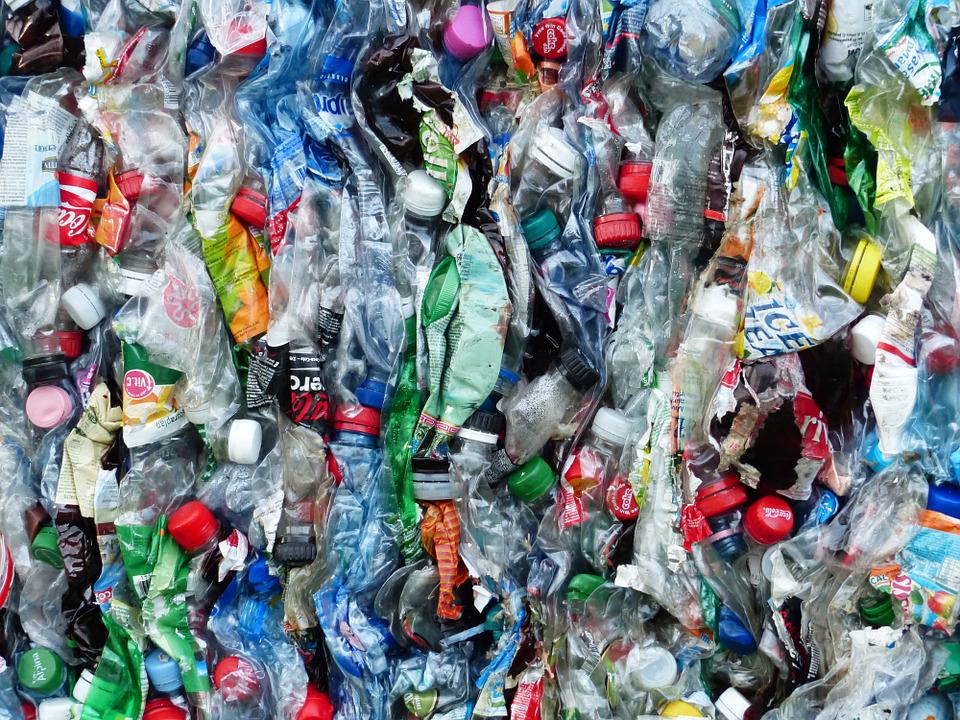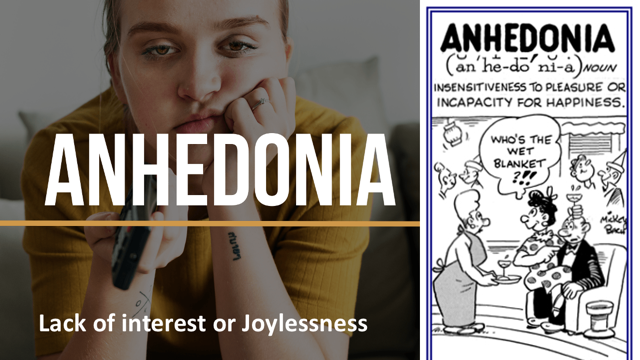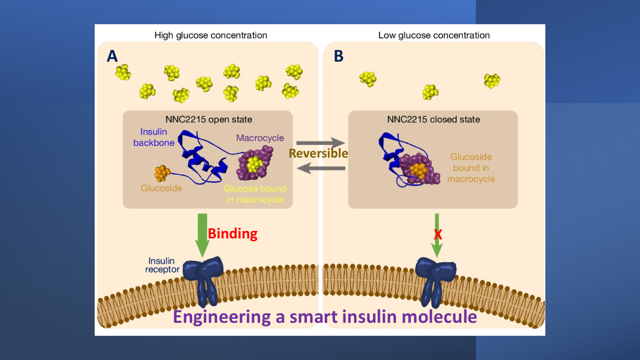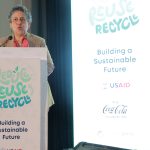Australian scientists have discovered a worm species capable of munching through plastic waste with the help of a bacterial enzyme in their gut, saying, the worms could become key to mass-scale recycling.
Reports say, the team lead, Dr Chris Riske and his team at the University of Queensland’s School of Chemistry and Molecular Biosciences, kick-started by feeding the worms with different diets over a three-week period, with some given polystyrene foam, some bran, and others put on a fasting diet. They then discovered that the common Zophobas morio ‘superworm’ could eat through polystyrene.
Join our WhatsApp ChannelDr. Riske said: “We found the superworms fed a diet of just polystyrene not only survived, but even had marginal weight gains,” Dr Riske said. “This suggests the worms can derive energy from the polystyrene, most likely with the help of their gut microbes.”
The research team used a technique called metagenomics to find several encoded enzymes with the ability to degrade polystyrene and styrene.
Dr Riske said, the long-term goal is to engineer enzymes to degrade plastic waste in recycling plants through mechanical shredding, followed by enzymatic biodegradation.
“Superworms are like mini recycling plants, shredding the polystyrene with their mouths and then feeding it to the bacteria in their gut,” he said.
“The breakdown products from this reaction can then be used by other microbes to create high-value compounds such as bioplastics.”
The team hoped that the ‘bio-upcycling’ will incentivize plastic waste recycling and reduce landfill.
The study co-author, Jiarui Sun stated, they aimed to grow the gut bacteria in the lab and further test its ability to degrade polystyrene.
“We can then look into how we can upscale this process to a level required for an entire recycling plant,” PhD candidate, Ms Sun said.
Also, Dr Riske said there are many opportunities for the biodegradation of plastic waste.
“Our team is very excited to push the science to make it happen,” he added.
The findings were published in the journal Microbial Genomics.
















Follow Us